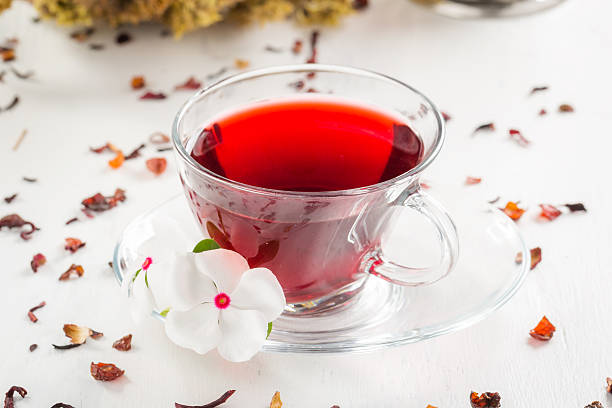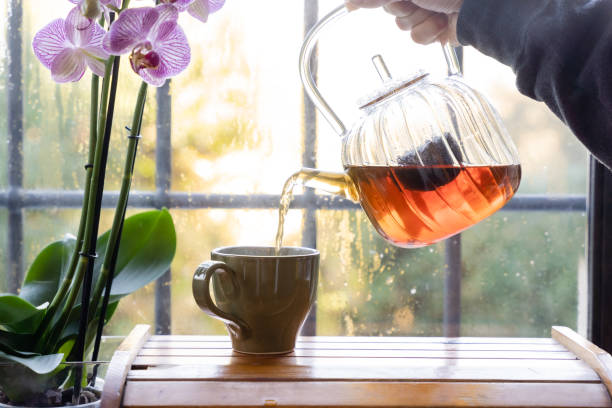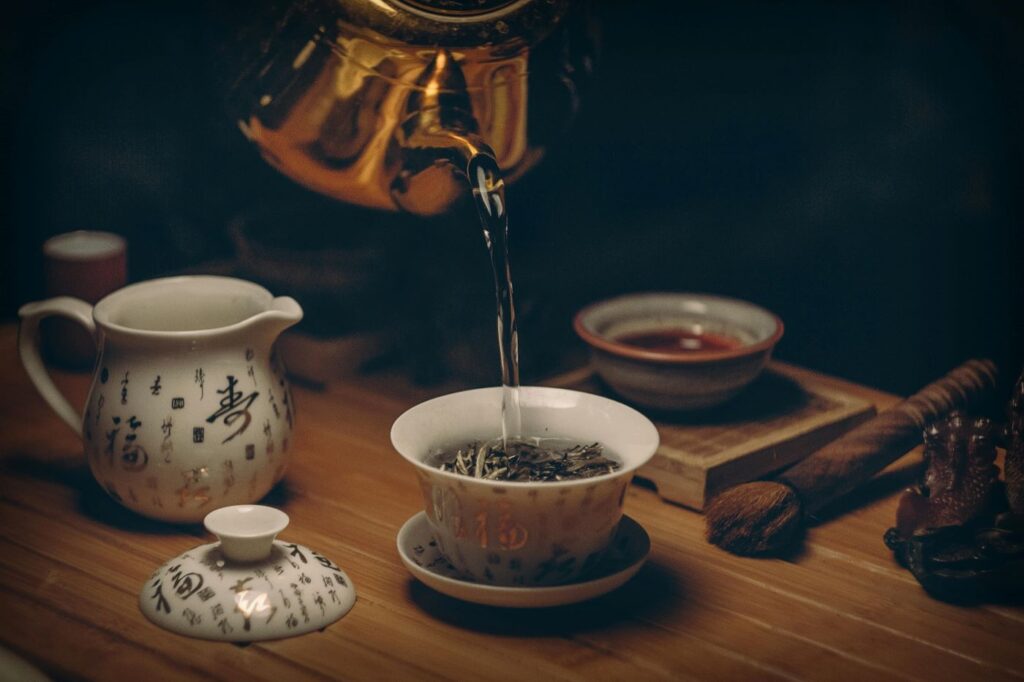Reproductive Health, Supplements and Herbs, What to Eat and Drink
What Tea Is Good For Reproductive Health
Reproductive health is an important component of overall well-being, and it is critical to take proactive measures to preserve and improve it. Whether you intend to raise a family or simply want to improve your reproductive health, making some lifestyle changes can make a big difference. One such alteration is incorporating tea into your everyday regimen.
A secret world of health lies in the comforting hug of a warm cup of tea. This world goes far beyond relaxation and comfort. As we learn more about reproductive health, it becomes clear that tea, with its wide range of flavors and healing ingredients, is an important part of supporting this often-overlooked part of health. This article explores the area where tradition and science meet to show how tea can be used to help with reproductive health in a gentle but effective way. Come with us on a journey through the leaves as we look for the herbal, green, and black elixirs that may help with fertility, hormone balance, and general reproductive health.

Common Reproductive Health Issues and Their Impact
Before getting into the benefits of tea for reproductive health, let’s look at some of the most prevalent concerns that men and women face. Hormonal imbalances, poor sperm quality, irregular menstrual periods, and low fertility are just a few of the reproductive health issues that many people confront.
These concerns can have a significant impact on an individual’s overall quality of life, resulting in emotional discomfort and relational difficulties. Seeking solutions to these issues and improving reproductive health is so critical.
Understanding the Role of Tea in Improving Reproductive Health
Tea, with its rich history and countless health advantages, has long been thought to be a natural cure for a variety of maladies. Certain varieties of tea have been shown to improve reproductive health. Incorporating these teas into your daily regimen can be a gentle yet effective strategy to promote reproductive health.

Benefits of Each Type of Tea for Reproductive Health
Green Tea: Green tea’s strong antioxidant content can protect reproductive cells from oxidative stress, resulting in better sperm and eggs. It also contains L-theanine, an amino acid that has been shown to lower stress and anxiety, both of which can have a negative impact on reproductive health.
Red Raspberry Leaf Tea: This tea is high in vitamins and minerals, such as vitamins C and E, calcium, and iron, all of which are necessary for reproductive health. It also tones the uterus, preparing it for conception and promoting general reproductive health.
Chasteberry tea: It is well-known for its ability to regulate hormone levels. It can help regulate estrogen and progesterone levels, which are essential for good reproductive health. Chasteberry tea may increase fertility and alleviate symptoms of hormonal imbalances such as irregular periods and premenstrual syndrome.

How to Incorporate Tea into Your Daily Routine for Reproductive Health
Now that you understand the benefits of various varieties of tea for reproductive health, it’s important to figure out how to include them into your daily routine. Here are a few pointers to help you get started:
- Choose high-quality tea: Organic, loose-leaf tea is preferable because it has more beneficial ingredients. Avoid teas containing additional sugars or unnatural ingredients.
- Brew it correctly: Follow the brewing instructions for each type of tea to reap the most benefits. Steeping times and water temperature can vary, therefore follow the exact requirements.
- Make it a habit: Consistency is crucial to realizing the benefits of tea for reproductive health. Aim for at least one cup of tea each day, and progressively increase the frequency as desired.
Tips for Selecting and Preparing Tea for Maximum Benefits
When choosing and preparing tea for reproductive health, keep the following guidelines in mind:
- Check with a healthcare provider: Before adding any specific tea into your daily routine, you should check with a healthcare practitioner, especially if you have any underlying health concerns or are taking drugs.
- Listen to your body: Pay attention to how your body reacts to different teas. If you have any side effects or discomfort, stop using it and seek medical attention.
- Experiment with mixes: Try different tea blends that combine the benefits of several herbs. For example, you can combine green tea and red raspberry leaf tea to reap the advantages of both.

Other Lifestyle Changes to Support Reproductive Health in Conjunction with Tea
While tea can be an important part of your reproductive health routine, keep in mind that it is not a cure-all. Here are a few such lifestyle adjustments that can improve reproductive health:
- Eat a well-balanced diet: Try to include plenty of fruits and vegetables, healthy grains, and lean protein in your diet. These nutrients are necessary for reproductive health.
- Exercise regularly: Regular physical activity can assist enhance blood flow to the reproductive organs and reduce stress, both of which are good for reproductive health.
- Manage stress: Chronic stress can harm reproductive health. Incorporate stress-reduction strategies like meditation, yoga, and deep breathing exercises into your everyday routine.
Conclusion
Including tea in your daily routine can be a simple but effective method to improve your reproductive health. Whether you prefer green tea, red raspberry leaf tea, or chasteberry tea, each type has distinct benefits. Remember to contact with a healthcare practitioner before making any changes to your routine, and pay attention to how your body responds. By combining tea with other lifestyle modifications, you can take proactive efforts to improve your reproductive health and general well-being. So, make yourself a cup of tea and improve your reproductive health naturally today.


